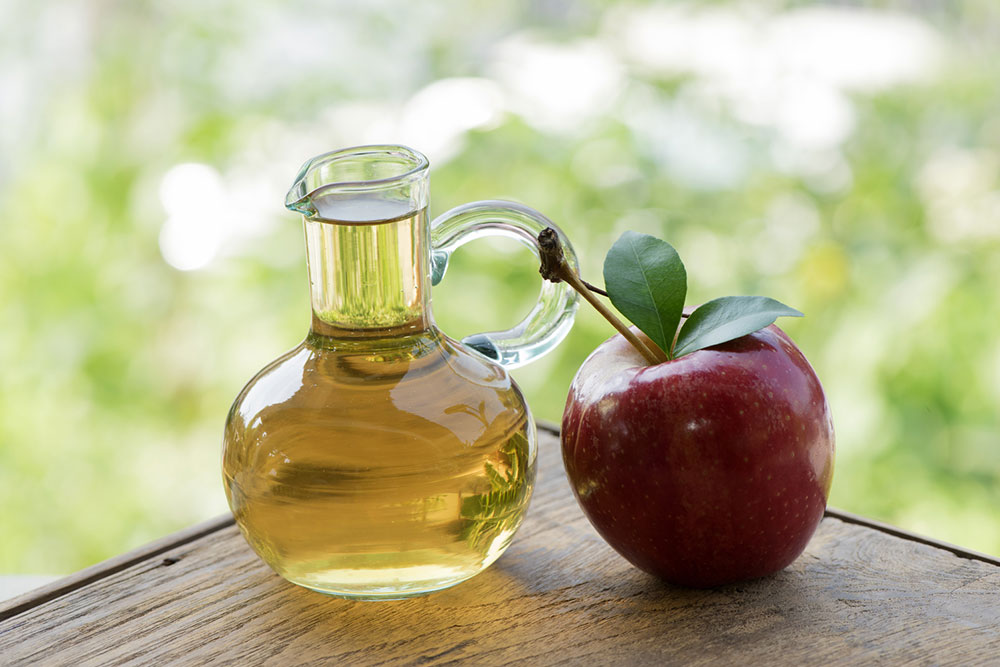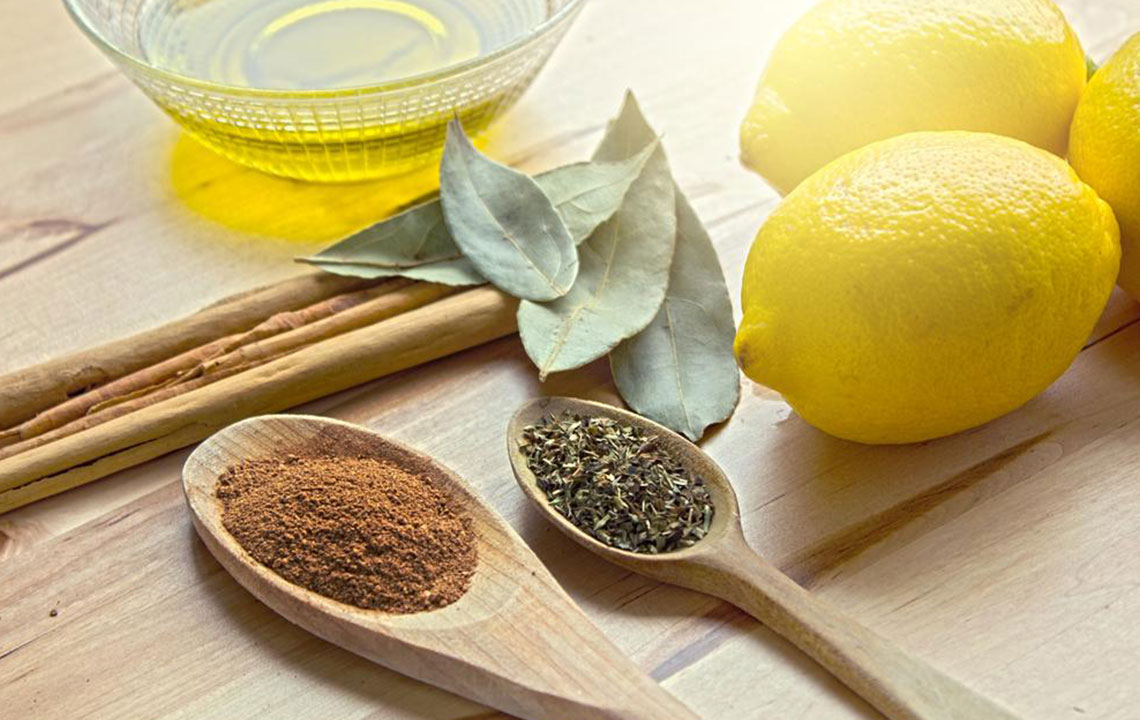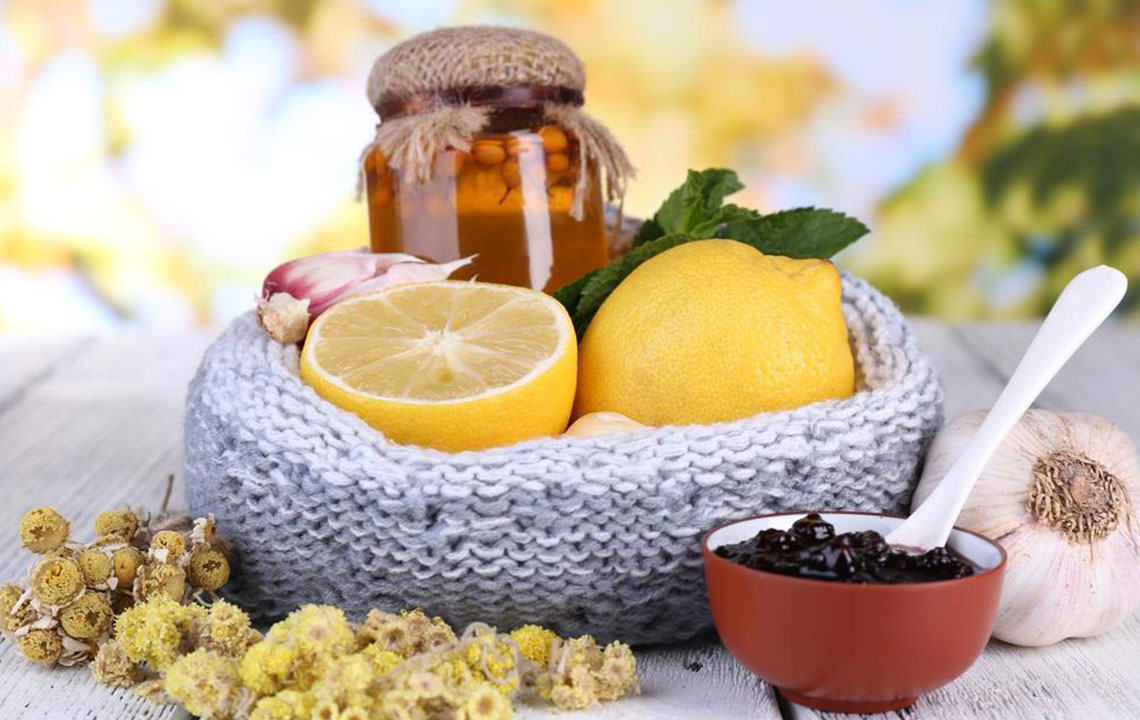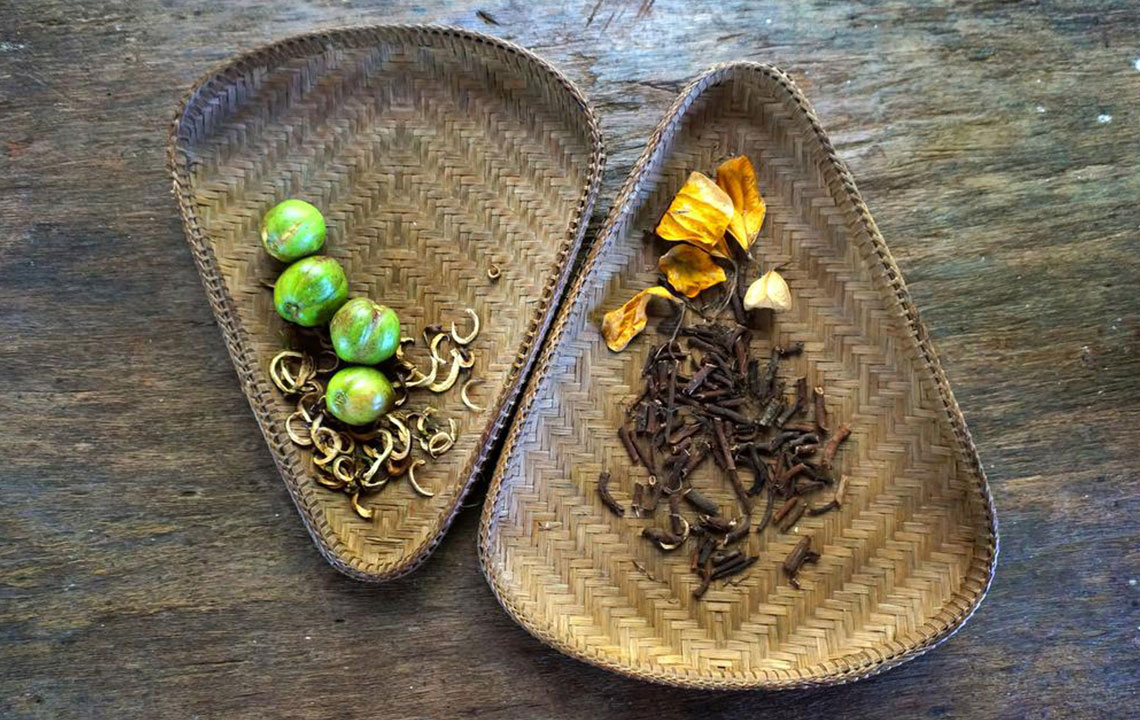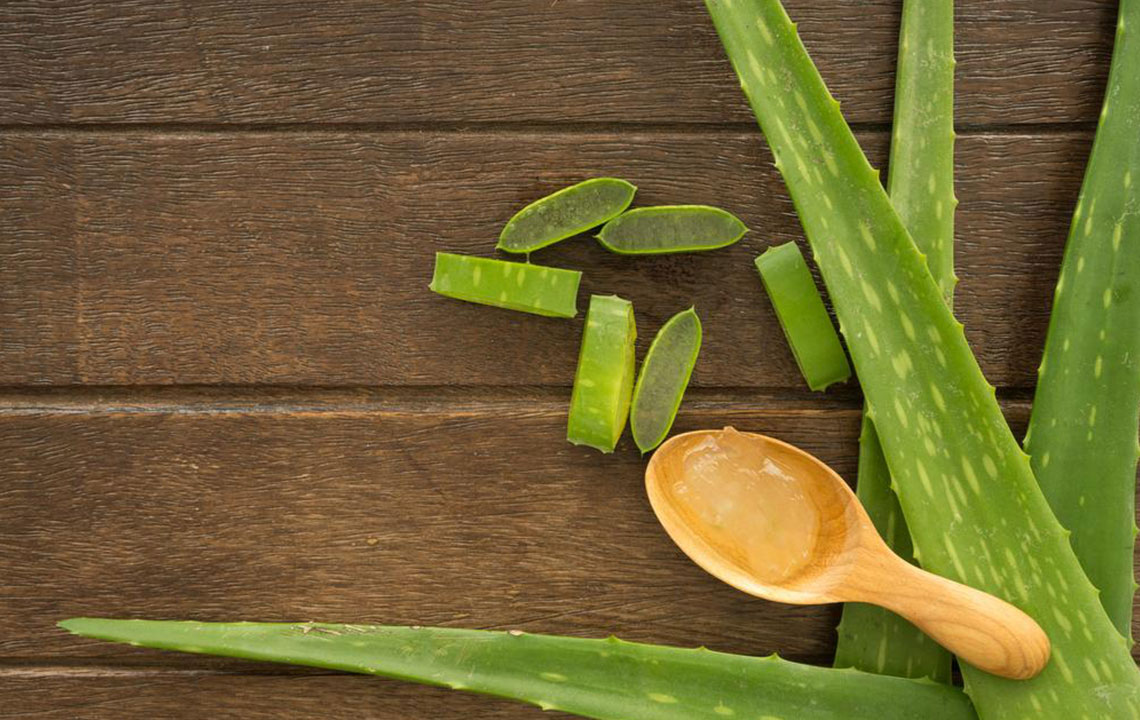Comprehensive Natural Ways to Manage Enlarged Prostate for Better Men's Health
Discover comprehensive natural methods to manage enlarged prostate symptoms effectively. This article explores lifestyle changes, dietary adjustments, and herbal supplements that improve prostate health naturally. Learn how to reduce symptoms such as urinary issues, improve overall well-being, and avoid side effects associated with medications. Embrace a holistic approach to men's health with proven strategies that support prostate function and enhance quality of life.
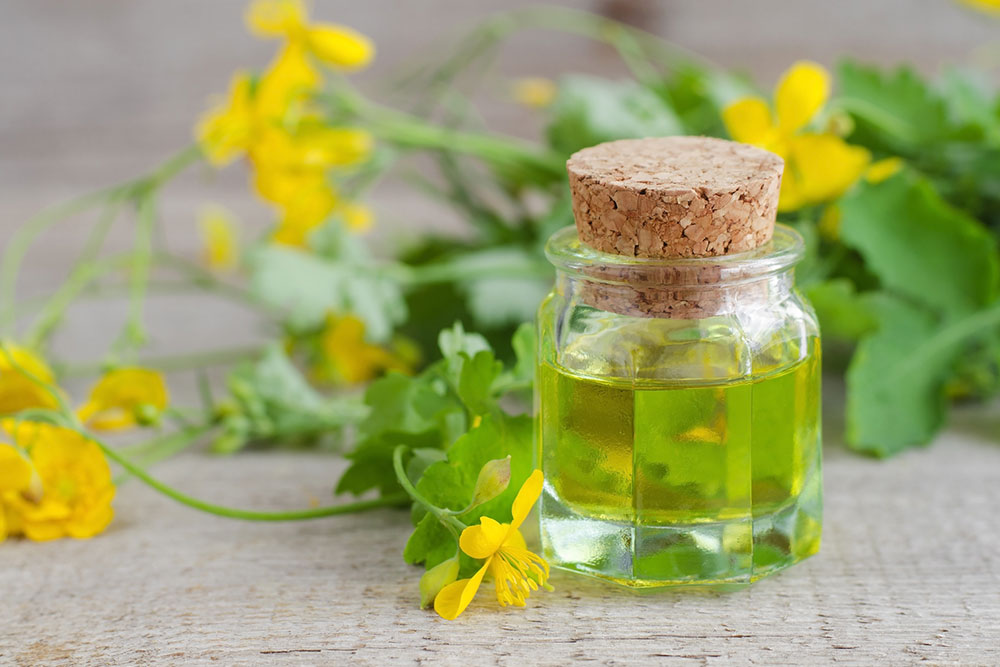
Holistic and Natural Approaches to Treat Enlarged Prostate
The prostate gland plays a vital role in men's reproductive health and closely interacts with several pelvic organs, including the rectum, bladder, muscles, and the central nervous system. When the prostate enlarges—a condition known as benign prostatic hyperplasia (BPH)—it can lead to various urinary and health complications. Symptoms such as frequent urination, weak urine flow, nocturia (waking at night to urinate), leakage, or recurrent infections can significantly impact a man's quality of life. Beyond physical discomfort, an enlarged prostate may also influence mental health, causing anxiety, depression, and sleep disturbances.
Given these potential health issues, it is essential for men experiencing symptoms to seek medical evaluation. A healthcare professional can determine the severity of prostate enlargement, identify any underlying causes, and recommend suitable treatment options—ranging from conventional medications to natural therapies. Understanding the range of available treatment strategies allows men to make informed decisions that align with their health goals.
Exploring natural remedies for an enlarged prostate is gaining popularity, especially among those seeking safer, side-effect-free options. Early-stage prostate enlargement can often be managed with non-invasive therapies, including acupuncture, prostate massage, herbal supplements, and relaxation techniques. These approaches aim to reduce inflammation, improve urine flow, and support overall prostate health. For more advanced cases, medical intervention might be necessary; options such as minimally invasive procedures or surgical removal of excess tissue are considered when symptoms are severe or persistent.
While conventional treatments primarily focus on alleviating symptoms through medications—such as alpha-blockers and 5-alpha-reductase inhibitors—these pharmaceuticals can sometimes lead to unwanted side effects like sexual dysfunction, dizziness, or gastrointestinal issues. Therefore, many men explore natural remedies as complementary or alternative approaches.
Adopting lifestyle modifications forms a cornerstone of natural management strategies. These include dietary changes, physical activity, and herbal supplementation designed to support prostate health and reduce symptoms.
Here are some key lifestyle and dietary modifications that can help control prostate enlargement naturally:
Achieve and maintain a healthy weight through balanced nutrition and regular exercise, reducing pressure on the prostate.
Increase intake of antioxidant-rich foods such as berries, leafy greens, and colorful vegetables to combat oxidative stress.
Include plenty of fruits, vegetables, and whole grains in daily meals, emphasizing foods like spinach, tomatoes, broccoli, and carrots.
Incorporate phytoestrogen-rich foods, such as soy products, chickpeas, and beans, which may have protective effects on the prostate.
Avoid red meats, processed foods, sugary snacks, soft drinks, and smoking, as these can exacerbate prostate issues.
Limit alcohol consumption to around two drinks per day, since excessive alcohol can irritate the bladder and increase prostate symptoms.
Reduce caffeine intake to decrease urinary frequency and urgency;
Practice drinking less water before bedtime to prevent nocturia;
Stay well-hydrated during the day by consuming at least 2 liters of water daily to support kidney and prostate health.
Engage in regular physical activities such as walking, jogging, or swimming to improve blood circulation and overall health;
Incorporate yoga or pelvic floor exercises, which have been shown to help reduce prostate size and improve urinary function.
Complementing these lifestyle changes with natural supplements can further support prostate wellness. Some widely used herbal options include:
Saw palmetto: Renowned for its positive effects on prostate health, it can reduce symptoms like urinary frequency and improve flow.
Red clover: Contains antioxidants and is believed to protect against prostate deterioration.
Pygeum africanum: Rich in fatty acids and phytosterols such as beta-sitosterol that help reduce inflammation and shrink enlarged prostate tissue. Typical dosages range from 100-200 mg, taken twice daily.
Stinging nettle: Possesses anti-inflammatory properties and is often combined with saw palmetto for enhanced effects.
Zi-Shen Pill (ZSP): A traditional Chinese herbal formula used to support prostate health and reduce symptoms.
Zinc supplements: Zinc is vital for maintaining prostate function. Taking 50-100 mg daily, sourced from seafood, nuts, and seeds, can be beneficial.
Rye grass pollen extract: Shown to alleviate urinary symptoms associated with prostate enlargement.
Lycopene: An antioxidant found abundantly in tomatoes, watermelons, and carrots, which may slow the progression of prostate enlargement.
Pumpkin seeds: Contain beta-sitosterol that improves urinary flow and alleviates symptoms.
Green tea: Rich in antioxidants called catechins that support immune function and reduce inflammation in the prostate.
Implementing these natural strategies—combining dietary modifications, lifestyle changes, and herbal supplements—can provide effective relief from prostate enlargement symptoms while promoting long-term prostate health. Remember, individual conditions vary; it's important to consult with healthcare professionals before starting any new regimen, especially when combining natural remedies with conventional treatments. Together, these approaches can help men maintain a better quality of life, improve urinary health, and prevent progression of the condition.
